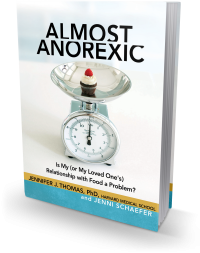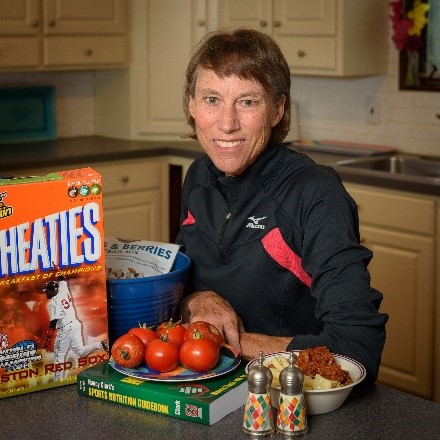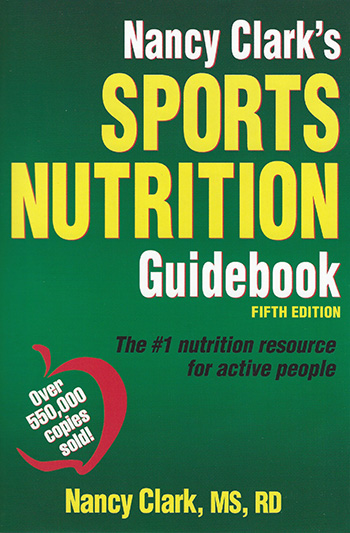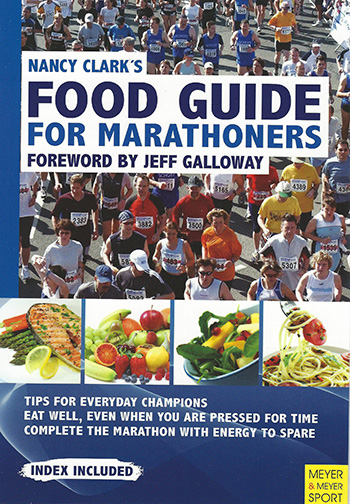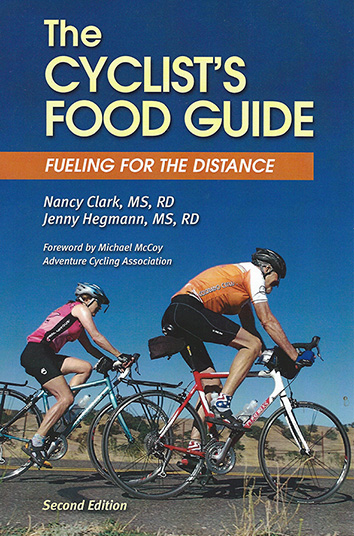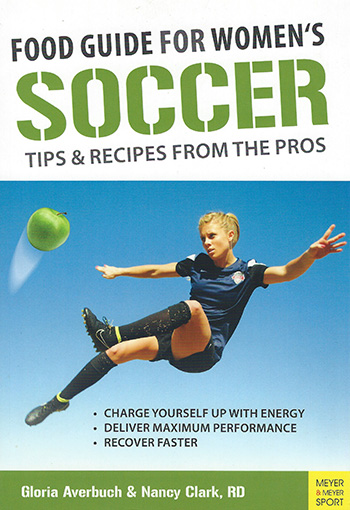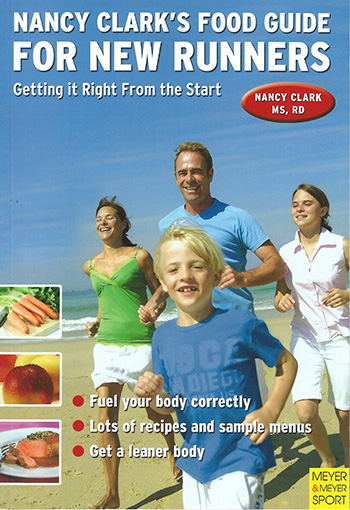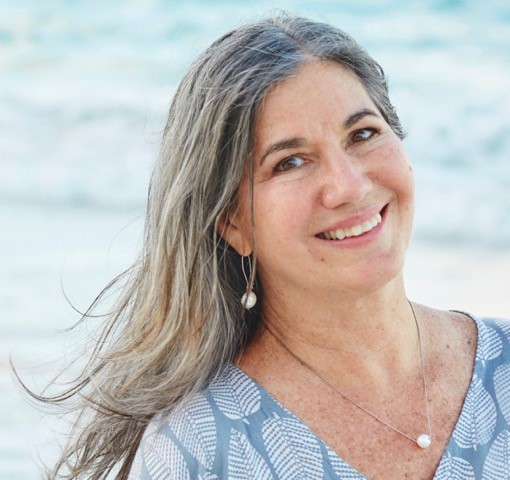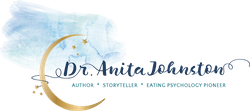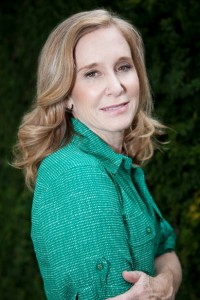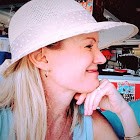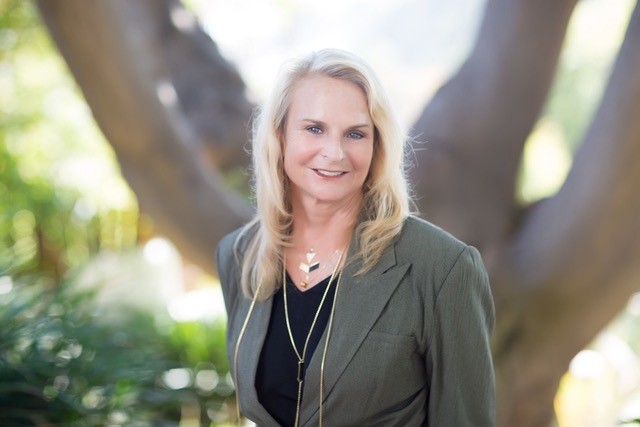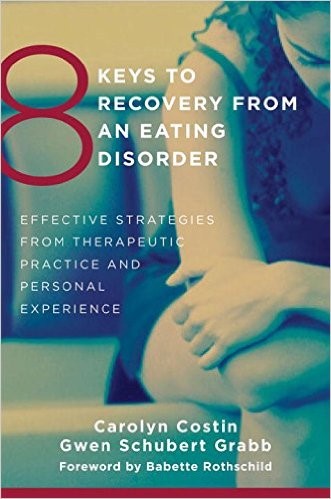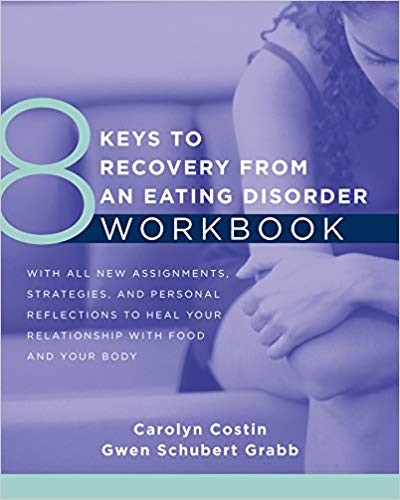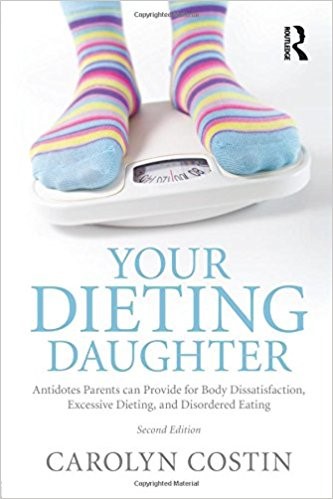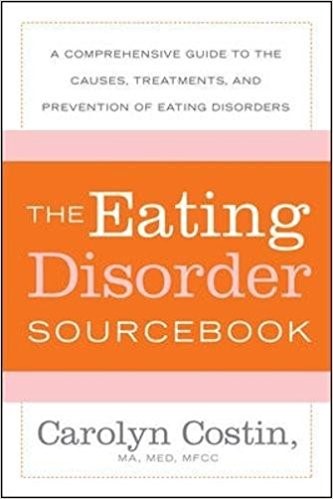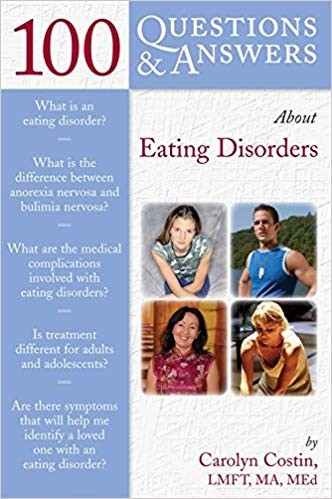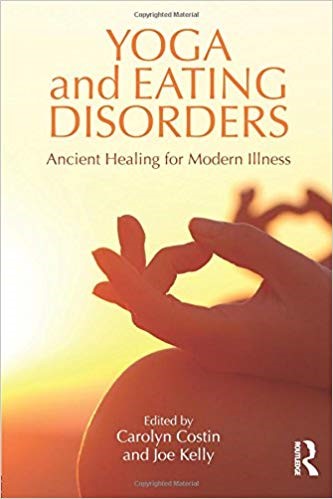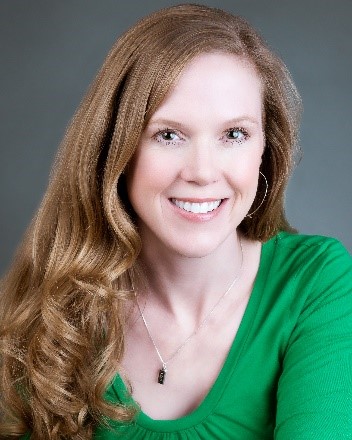

Bestselling Author, Speaker, Singer/Songwriter
Senior Fellow with Meadows Behavioral Healthcare and advocate for its specialty program, The Meadows Ranch
Jenni is the author of Goodbye Ed, Hello Me, Life Without Ed, and Almost Anorexic, and her next book about PTSD is to be released by Houghton Mifflin Harcourt in 2021.
How did you get started in your career?
After I began doing well in my own recovery from an eating disorder, I felt called to help others. I wrote a book about my personal journey called Life Without Ed and began speaking in local schools. I discovered that I love writing and speaking! I have learned that the very traits that contributed to my developing an eating disorder can be harnessed in a positive way in my career. As an example, when I take perfectionism to the light, it means that I am detail-oriented and motivated. These are valuable traits for an author!
What advice would you give to someone new to the field?
If you are currently in recovery from an eating disorder, I cannot emphasize the importance of taking care of yourself first. Make sure that your recovery is solid. You cannot give away to others what you don’t have. Believe in yourself, and don’t quit until you reach fully recovered. After recovering from an eating disorder, you will find a new resilience and strength. Both can be harnessed to create your dream career. I’d encourage you to get involved in nonprofits like the National Eating Disorders Association, and attend professional conferences. The eating disorders field is very welcoming.
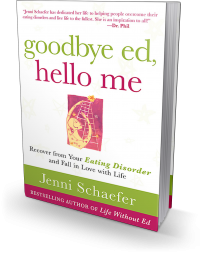
Goodbye Ed, Hello Me

Life Without Ed
